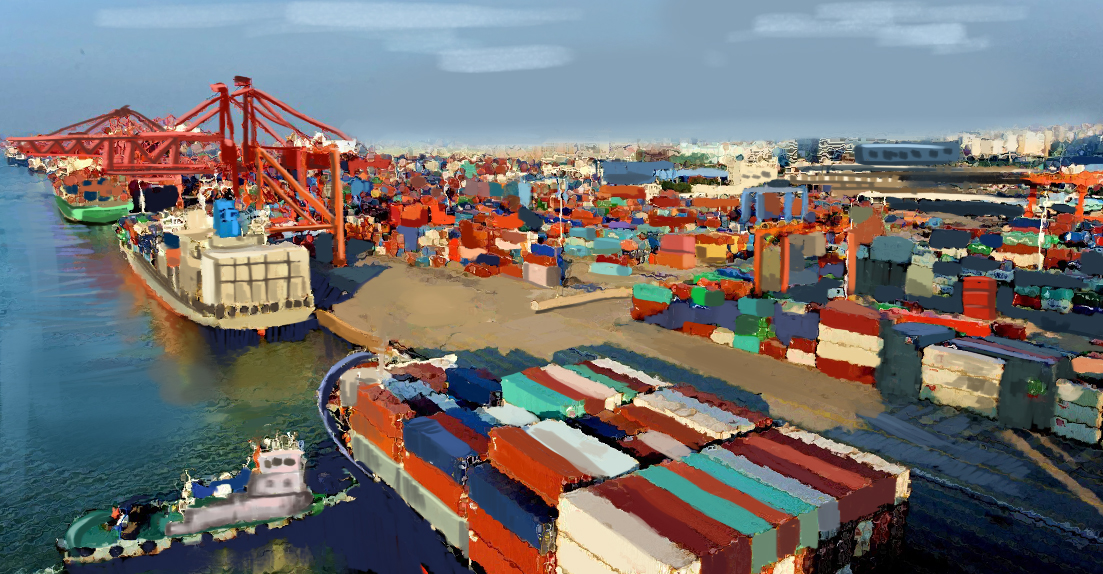Oil prices have risen for the third consecutive week, reaching their highest levels since November, as China’s economic recovery boosted demand for the commodity. However, Nigeria, Africa’s largest oil producer, continues to struggle with production challenges and fiscal woes.
According to data released on Friday, China’s industrial output and retail sales grew faster than expected in August, indicating that the world’s second-largest economy was stabilising after a slowdown caused by the coronavirus outbreak]. China’s oil refinery processing also hit a record high of 15.23 million barrels per day (bpd) in August, up 19.6% from a year earlier, as refiners capitalised on strong margins and robust domestic and regional demand.
The positive data from China, which is the world’s largest oil importer, supported oil prices, which have also been lifted by supply concerns due to output cuts by major producers Russia and Saudi Arabia. Brent crude futures rose 0.7% to $94.32 per barrel, while US West Texas Intermediate crude (WTI) was up 0.8% at $90.87 per barrel. Both benchmarks were up about 4% from a week ago.
Opec+, which includes members of the Organization of the Petroleum Exporting Countries (Opec) and allies such as Russia, agreed in July to ease production cuts by 400,000 bpd each month from August until December. The group expects the global oil market to be in deficit throughout the fourth quarter.
However, not all oil producers are benefiting from the rising prices and demand. Nigeria, which has the largest proven oil reserves in Africa, has been unable to meet its Opec quota for more than two years due to technical issues, pipeline vandalism, theft and sabotage. The country’s oil output fell to 1.4 million bpd in August, well below its Opec quota of 1.8 million bpd.
Nigeria’s oil woes have also contributed to its fiscal and foreign exchange crises, as the country relies heavily on oil revenues for its budget and imports. The country’s debt servicing burden has increased significantly in recent years, wiping out nearly all of its public earnings. The government has also devalued its currency several times to cope with the shortage of dollars.
Nigeria’s Presidents have always pledged to diversify the economy away from oil dependence and boost domestic production of goods and services. However, analysts say that more reforms are needed to improve the business environment, attract investment and create jobs.
Despite the challenges, some experts are optimistic that Nigeria can overcome its oil dependency and achieve sustainable growth. “Nigeria has enormous potential in other sectors such as agriculture, manufacturing and services. The country also has a large and young population that can drive innovation and entrepreneurship,” said Dr Ngozi Okonjo-Iweala, the director-general of the World Trade Organization and a former Nigerian finance minister.



1 comment
Very interesting subject, regards for putting up.Raise blog range